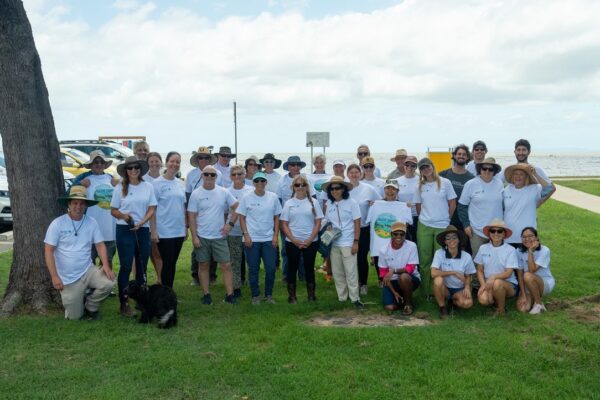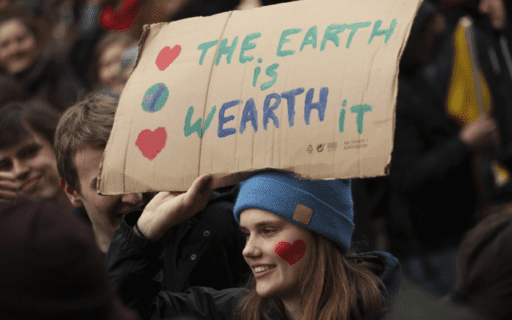In this week's round up: the messenger makes the message meaningful, and Americans have energy highs and lows.
If you’re a science communicator or educator at an informal science center (such as a zoo, aquarium, or museum) trying to encourage conservation action – this is the round up for you! Every week we break down the most interesting recent news and best resources to help you frame the issues as effectively as possible. Some of these resources will be practical communications and framing tips, and others are great starting points for brainstorming future strategies.
Green, yes please! Environmentalism... no thanks.
This article on perceptions of "activist" environmentalists emphasizes how important messengers like interpreters at zoos, aquariums, and museums are for encouraging green action. To sum it up: people are willing to change their behavior, but less if they suspect you're a 'stereotypical' environmentalist.
As The Ocean Project's research has found, informal science centers are trusted sources of information about environmentally-friendly behavior for Americans. Furthermore, visitors actually want this information as part of a satisfying visit to a zoo, aquarium, or museum. So stay cool, friendly, and give visitors plenty of tips for how they can help the planet. They'll listen to you!
Energy surge and slump
Recent energy news in America has been a mixed bag - good and bad. Let's start with the bad so we can end on a positive note:
U.S. stands out as among the least concerned about climate change
Pew's new survey found 40% of Americans and 39% of Chinese (two of the biggest carbon polluters on Earth) say climate change is a major threat to their nation. For comparison, a median of 54% of people in the surveyed 39 countries identify climate change as a major threat, and in some countries like Greece and Korea over 80% of people are concerned.
U.S. Carbon Dioxide Emissions Down 11 Percent Since 2007
Despite that previous distressing bit of news, there are still good things happening. Since 2007 US emissions have fallen by 11%, the equivalent of taking 77 million cars off the road. Why? People are driving less, and cars are getting more efficient with gas. Also - emissions from burning coal have fallen 20% since 2005.
Obtaining 25% Of Energy From Renewables Would Save Billions
More wind and solar, even if it would only account for 25% of the electricity in the Western US, would save $7 billion and reduce carbon pollution by 34%. This study is one of the first to use real-world hourly emissions data from power plants in the Western US, with serious implications for economically minded folks.



